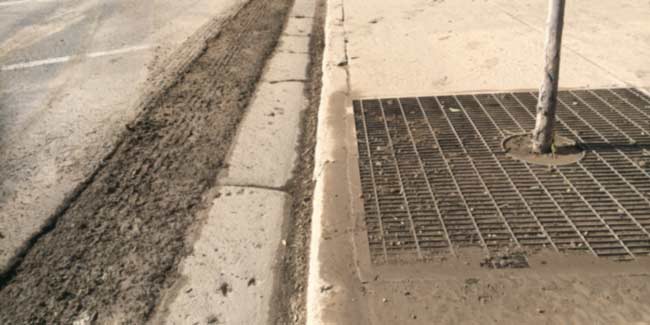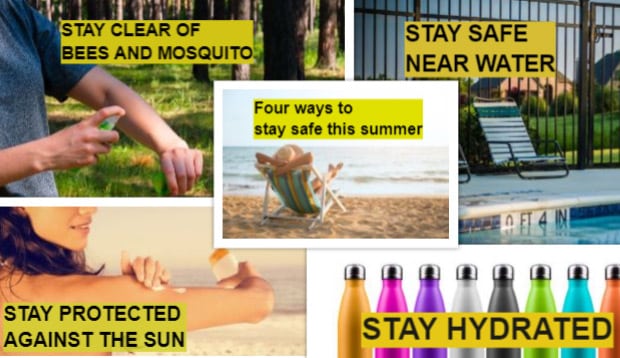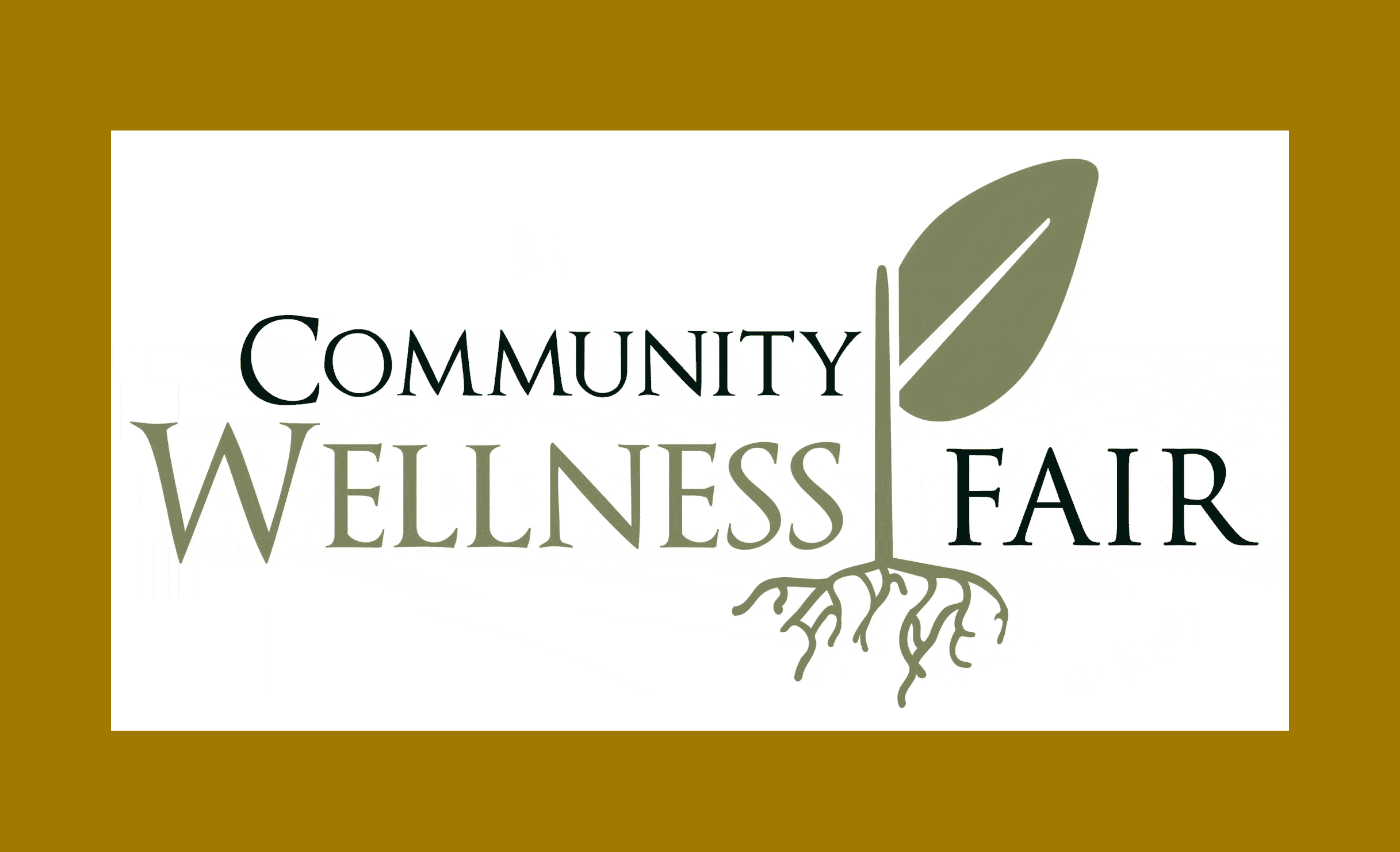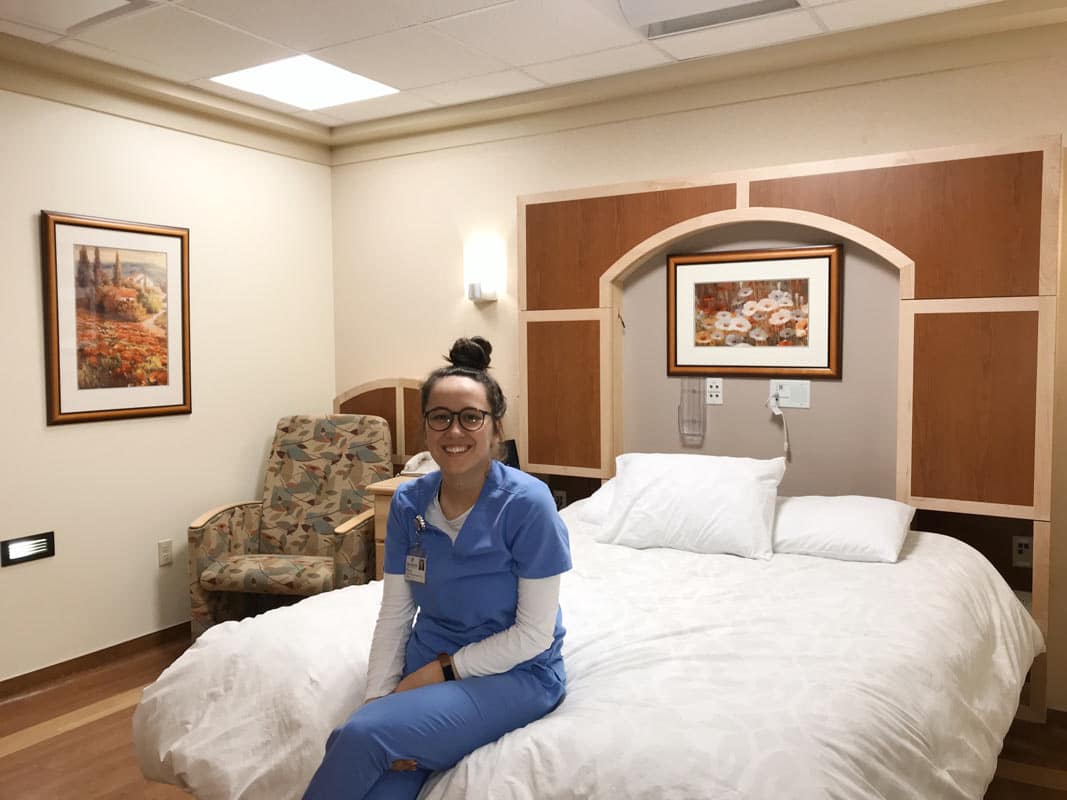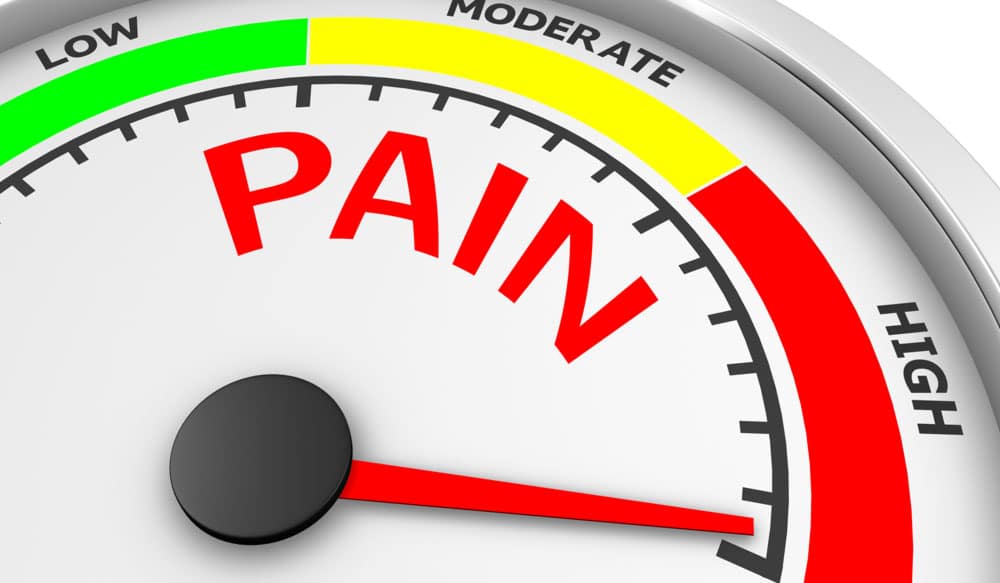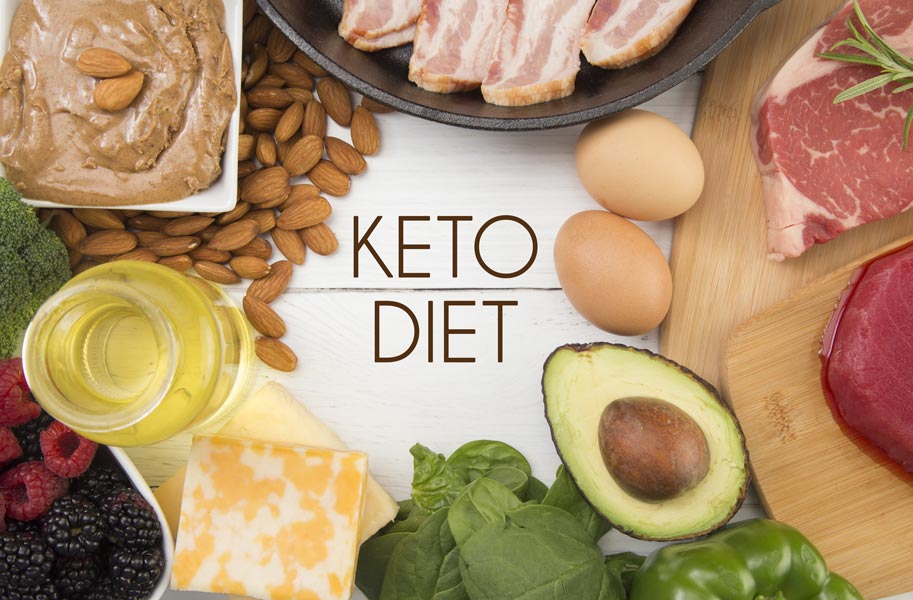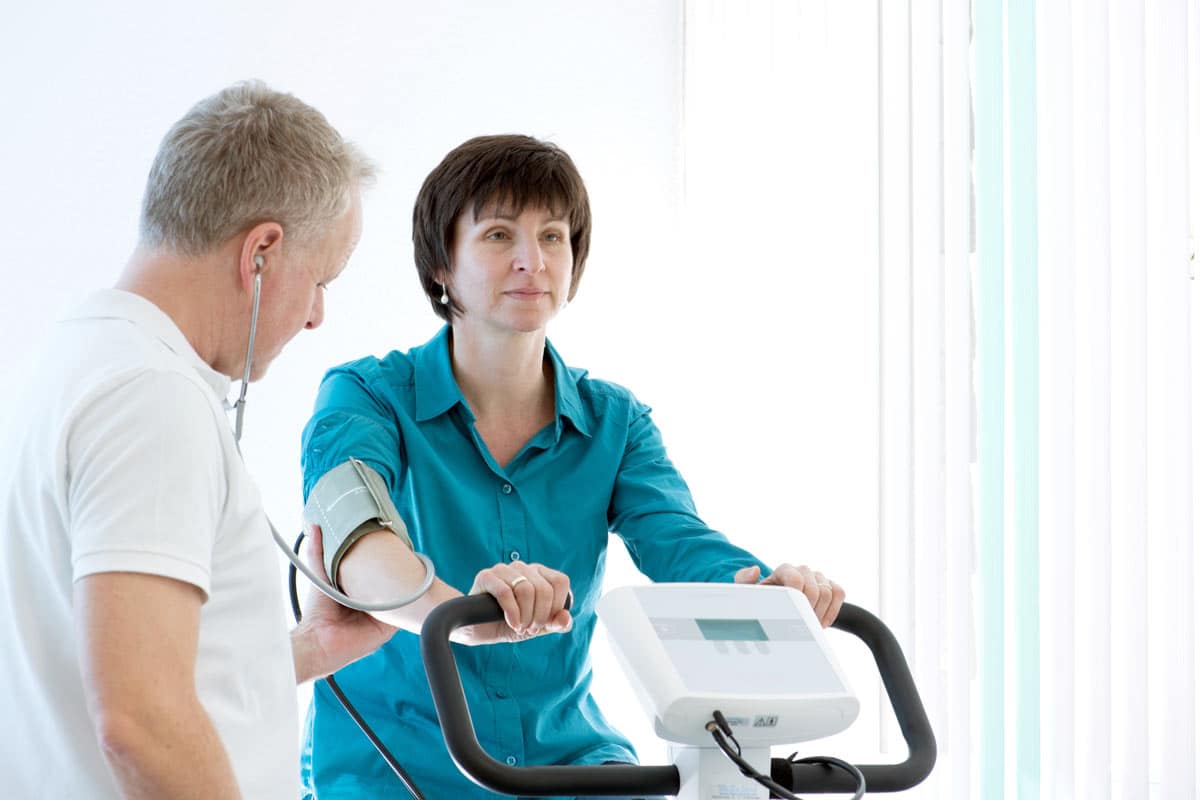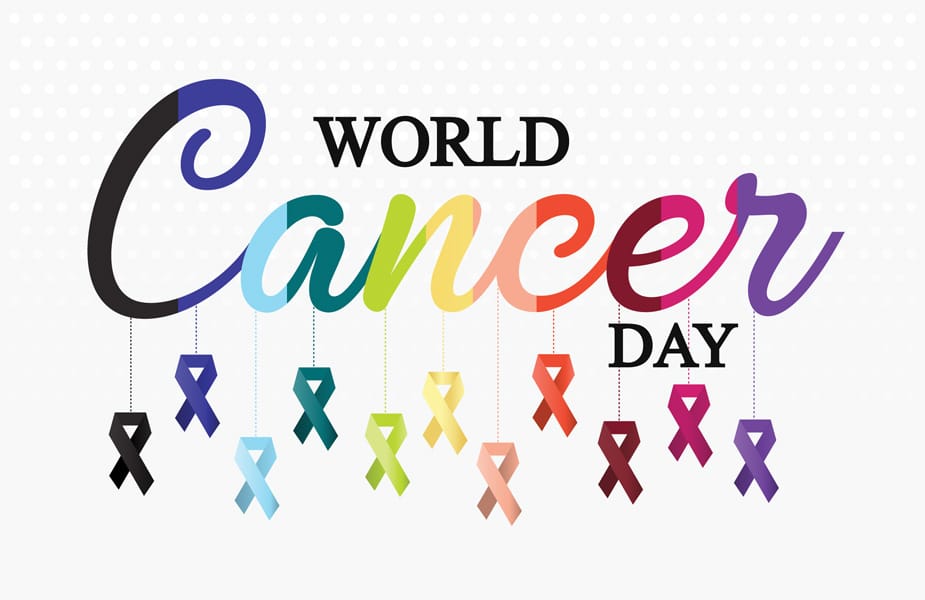A Healthy You
Madisonhealth Blog
Flood Health Precautions We hope that you are healthy and safe. To keep you safe FEMA prepared a few recommendations that may help you recover below: Staying Healthy A flood can cause physical hazards and emotional stress. You need to look after yourself and your family as you focus on cleanup and repair. Avoid floodwaters; water may be contaminated by oil, gasoline or raw sewage. Service damaged septic tanks, cesspools, pits and leaching systems as soon as possible. Damaged sewer systems are serious health hazards. Listen for news reports to learn whether the community’s water supply is safe to drink Clean and disinfect everything that got wet. Mud left from floodwaters can contain sewage and chemicals. Rest often and eat well. Keep a manageable schedule. Make a list and do jobs one at a time. Discuss your concerns with others and seek help. Cleaning Up and Repairing Your Home Turn off...
Be Safe for Summer Fun School is out, pools are filled, and the grill is lit; summer is just around the corner. Here are four ways to stay safe this summer. 1) Stay hydrated As temperatures increase, it is important to drink plenty of water. Staying hydrated can lower your risk of a heat stroke. A heat stroke occurs when the body reaches a temperature of 104 or greater. An individual should drink eight 8-ounces of water a day. Carrying a water bottle with you throughout the day can help to encourage fluids. 2) Stay protected against the sun According to the CDC (Centers for Disease Control and Prevention) “UV rays can damage your skin in as little as 15 minutes.” Staying under an umbrella, a tree, or other shaded areas can help to reduce your risk of skin damage or cancer. Wearing dark-colored clothing, hats, and sunglasses can protect you...
Cancelled for 2021! What is the Community Wellness Fair? The Community Wellness Fair is completely FREE for anyone in the community to attend. It has about 80 health and wellness professionals who will be available to answer questions and even offer some free screenings. The Wellness event details: Madison Junior High School 134 Madison Avenue Rexburg, ID 83440 May 15th 2 pm – 7 pm The Eight Dimensions of Wellness Making the Eight Dimensions of Wellness part of daily life can improve mental and physical health. The Community Wellness Weekend is designed to help individuals connect with local health and wellness resources as well as become educated through the wellness conference. What is Wellness? Wellness is being in good physical and mental health. Because mental health and physical health are linked, problems in one area can impact the other. At the same time, improving your physical health can also benefit...
The birth of a child can provoke a wide variety of emotions ranging from joy and happiness to anxiety and fear. For some new mothers, it may also result in a feeling of depression. Within the first two to three weeks after delivery, it is very common for most mothers to feel what are called ‘baby blues.’ The ‘baby blues’ usually include, mood swings, crying spells, feelings of anxiety and difficulty sleeping. This is very common and not to be mistaken with postpartum depression. Postpartum depression is a longer lasting, more severe depression than the feelings that come with the ‘baby blues.’ It is important to remember and emphasize the fact that postpartum depression is in no way a weakness or a flaw of character, but simply a complication that can come from giving birth. Being aware of these feelings and receiving medical attention can help you manage and treat...
Today officially marks the beginning of National Sleep Awareness Week. This year’s theme, Begin with Sleep, emphasizes the importance of good sleep health for individuals to ensure success and achievement with their day to day tasks and goals. Heidi, one of our Respiratory Therapist and Sleep Disorder Specialist, gave us great insight about insomnia, and what the Sleep Center at Madison Memorial Hospital offers to its patients: How common is insomnia? Heidi: Insomnia is a very common thing, but I would say we have more patients who struggle to stay asleep than we do who struggle getting to sleep, which can also be in the category of insomnia. Patients don’t usually come here unless they have a sleep problem but there are also a lot of sleep problems that people don’t realize are sleep problems. If you stop and think about the signs and symptoms of insomnia and the...
Antibiotic resistance is when bacteria become resistant to antibiotics prescribed to treat the infection. The World Health Organization marked it as a high priority, and stated it is currently one of the biggest threats to global health. However, this is also something that is within our control with better health policies and individual responsibility on our use of antibiotics. We interviewed Michele Coffey, our Infection Preventionist at Madison Memorial, to get her insight on this current problem and what we can do about it: MMH: As an Infection Preventionist, what role do antibiotics play in helping you do your job? Michele Coffey: Antibiotics are a double-edged sword for my job. We need to use them at the right dose, for the right duration, and for the correct disease in order for them to be effective. They are imperative in treating infections. With wrong use we will create superbugs in our population....
The Opioid Epidemic has plagued the United States since the 1990’s when there was a surge of over-prescription of opioids. This crisis has gotten only worse with the combination of synthetic opioids. Despite these tragedies, pain management is still important for many individuals with wide-spread conditions and must be addressed in one way or another. This is where pain management specialists save the day. Their treatment is aimed at primary prevention, and they implement measures to forestall the onset of chronic pain or minimize the progression of current pain. We discussed this role with Dr. Russell one of the credentialed pain specialists at Madison Memorial Hospital: What conditions are best managed through your clinic? Dr. Russell: Many of the common conditions we see on a regular basis are associated with chronic pain symptoms. The most common is back pain followed by neck pain with a spectrum all the way down to...
Looking back to the wealth of health information we received last year, we learn that the Keto diet was the most searched diet of the year. This diet focuses on eating a diet of high fat, moderate protein, and low to no carbs. This is meant to transition the body from burning glucose from carbohydrates to a state of ketosis where fat is burned for energy instead. However, not everything is always as good as it looks on paper. We took a deeper dive into this diet with our registered dietician Susan Clark from Madison Memorial Hospital. MMH: Is the Keto Diet sustainable for patients looking to keep weight off? Susan Clark, RD: Nope! It is very limited in what you can eat. It limits choice which cuts out a lot of foods and food groups. Only the most disciplined person will stick to it long-term. When someone goes back...
Today is the second day of Cardiac Rehabilitation Week. If you or a loved one has suffered from a heart attack or heart failure, or have had an angioplasty or heart surgery, this week is for you! Cardiac rehabilitation is a way to look to the future and improve the recovery of your heart and results of your medical procedures. This rehabilitation process involves exercise training that will get your heart pumping and working towards better health. According to the American Heart Association, the program is beneficial as it results in 31% lower hospital readmissions. This means less time feeling unwell and more time with your loved ones! Sometimes making lifestyle changes in our lives can be scary and difficult, but you aren’t in this alone. At MMH you can look forward to having personal coaches that will give you one-on-one supervision in exercise training and counseling to reduce stress...
According to the World Cancer Day, maintaining a healthy weight, staying physically active and eating a healthy diet all play a vital role in cancer prevention. There are several other risk factors we can avoid in our day to day, one being smoking. Tobacco use is the largest preventable cause of cancer and making the decision to quit smoking is the best thing that can be done to reduce the risk of cancer for a smoker. Smoking is directly linked to 71% of lung cancer deaths and is responsible for 22% of all cancer deaths. Regardless of age, quitting can improve your quality of life and greatly increase your life expectancy and decrease chances of cancer. If you’re interested in quitting smoking, click HERE to learn more about our Smoking Cessation Class. Cancer is the leading cause of death in the state of Idaho. While rates of cancer are declining...
Has sitting become the new smoking? With a quarter of Americans sitting for over eight hours a day, the negative health effects associated with a sedentary lifestyle have become a concern. A study published by JAMA concluded that 40% of Americans get no exercise during the week. Our bodies were designed to move, we need movement in our daily lives to ensure our muscles, bones and organs are all functioning as needed. Some of the risk factors from living a sedentary lifestyle include, obesity, heart disease, high cholesterol, stroke, osteoporosis, metabolic syndrome, certain cancers and increased feelings of depression and anxiety. Luckily, there are several simple changes we can make to create a more active lifestyle: 1. Stay Active at Work If you work a desk job, try swapping out the chair for an exercise ball or a standing desk. An exercise ball is a great way to increase activity...
Want to Quit Smoking?
According to the 2018 County Health Rankings, Madison County has a Adult Smoking Prevalence of 16%, the seventh highest value of any county in Idaho.
Come join us for our FREE Smoking Cessation Classes with Tate Swensen. Tate is a contracted cessation facilitator through Eastern Idaho Public Health.
This is an 4 week program with 1-hour long weekly classes where we will learn about:
- Nicotine addiction and habit
• Consequences of tobacco use
• Benefits of being smoke-free
• Information and tips on how to quit
• Dealing with withdrawal symptoms
• Coping strategies
• Managing stress through relaxation techniques
• Nutrition and exercise, avoid weight gain
• Social supports
• How to become a non-tobacco user for life
Meetings will be held every Wednesday from January 16th – February 13th at 6:00 pm in the Steiner Conference Room.
Showing 49-60 of 184 results

